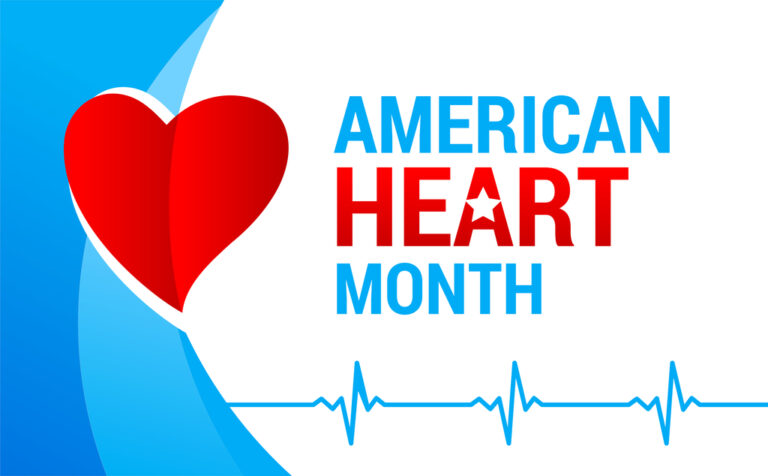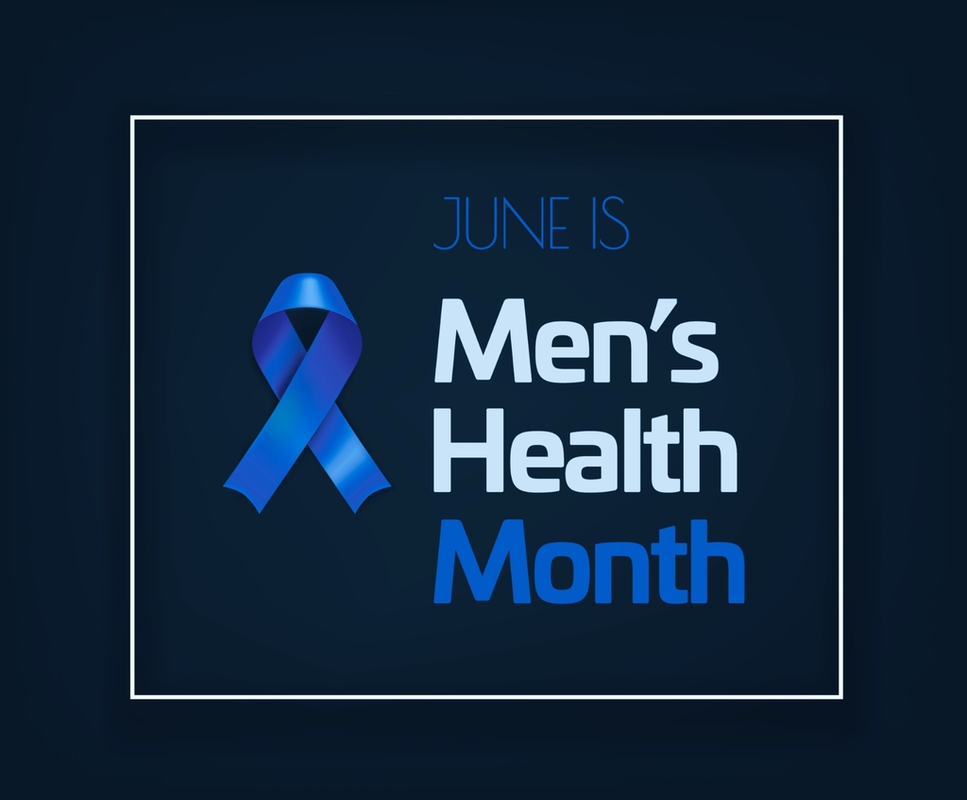American Heart Month
February is American Heart Month! Heart disease is the leading cause of death for Americans. According to the CDC, it has taken the lives of about 655,000 Americans of all ages, genders, races, and ethnicities every year. The purpose of American Heart Month is to spread awareness about heart disease and what we can do to reduce our risks.

Risks for Heart Disease
High blood pressure, also called hypertension is where your blood pressure is higher than normal consistently. Over time, high blood pressure causes the coronary arteries to become narrowed from a buildup of plaque. As arteries harden, blood clots are more likely to form. When an artery becomes blocked due to plaque or a blood clot, it stops the blood flow and prevents oxygen and nutrients the muscle needs, which results in a heart attack.
High cholesterol produces fatty deposits to develop in your blood vessels. Over time, the fatty deposits grow, which makes it hard for the blood to flow through the arteries. If the deposits break suddenly, it can cause a heart attack or stroke.
Diabetes increases the risk of heart disease. Heart disease is more common for people with type 2 diabetes, but anyone with diabetes is at risk. The blood vessels and the nerves that control your heart can be damaged over time due to the high blood glucose from diabetes.
Obesity contributes to heart disease. It changes your cholesterol levels and can cause it to be high. It can cause high blood pressure. If your weight increases, the risk of diabetes also increases.
Smoking cigarettes puts a lot of chemicals into the body. The chemicals can damage the heart and blood vessels over time and can cause plaque to build up in the arteries. The damage and complications can cause heart attacks or strokes.
Drinking alcohol excessively raises your blood pressure and can cause heart failure. You also consume extra calories, which can contribute to weight gain. Over time, heavy drinking can cause a heart attack or stroke.
How to Reduce the Risks?
There are some risks of heart disease you cannot control, such as age, gender, race, ethnicity, or family history. However, there are still things you can control.
- Control your blood pressure. You should have your blood pressure checked regularly with your medical provider and you can monitor it at home.
- Make sure your cholesterol is down. Many people are unaware that their cholesterol is high, so it is necessary to find out what your cholesterol numbers are and check them regularly.
- Manage your diabetes (if you have it). If you have symptoms, overweight or there is a family history, you should get tested. If you do have it, make sure you are managing it.
- Control stress. Find healthy ways to relieve stress, such as physical activity, talking to someone, and resting. You should stay away from unhealthy coping habits, such as overeating, smoking, and drinking, which raises your risk.
- Maintain a healthy weight.
- Eat a healthy diet by eating fresh fruits, vegetables, and whole grains and limiting saturated fats, foods with high sodium, and added sugars.
- Exercise regularly as it helps you maintain a healthy weight, lower cholesterol, and blood pressure. It can also strengthen your heart and improve circulation.
- Get enough sleep.
- Do not start smoking, and if you are a smoker, quit smoking.
- Limiting your alcohol or stop drinking.
Heart disease in the United States is a serious matter, but it is preventable in most cases. We can reduce the risks and the number of deaths if we choose to live a healthier lifestyle and control our blood pressure and cholesterol. Let’s observe American Heart Month by learning more about maintaining a healthy heart, be healthier, and spread awareness.







